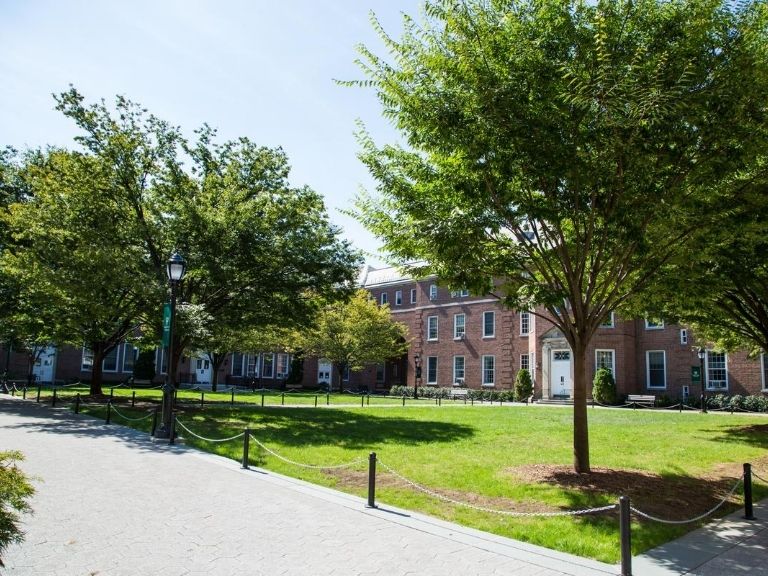Manhattan College has received a $639,778 grant from the National Science Foundation’s (NSF) “Campus Cyberinfrastructure” program. The grant is the largest NSF grant that the College has ever received and will be used to improve Manhattan’s campus networking infrastructure, which will enable and advance research across multiple disciplines. 
The grant funds a two-year project entitled “CC Networking Infrastructure: Improving Science Data Flows with Advanced Networking and Cyberinfrastructure,” and begins this month.
The grant allows for a reconfiguring of the campus network to create something more efficient and reliable, one that can better support the needs of faculty, researchers and students. The new network will be designed to improve the flow of scientific data, which will facilitate research in a variety of disciplines, including engineering, mathematics, chemistry and sociology.
Funding for the network includes the purchase of brand-new routing infrastructure and switches that will be used to construct a “Science DMZ,” a network component that allows scientific data to flow in and out of the campus unimpeded by firewalls and other enterprise network bottlenecks.
The project also funds the design, implementation and purchase of specially built data transfer nodes connected to the Science DMZ that will be used to help move massive amounts of data between Manhattan College researchers and their collaborators. The project will provide College researchers and educators a connection to local, state and national research networks such as NYSERNet and Internet2, providing the community unprecedented access to scientific research networks. These networks are part of the interconnected fabric of the nation's leading research and education networks, which also includes the Department of Energy's Energy Sciences Network.
These new and improved capabilities are expected to be transformational to Manhattan College's research and education efforts, providing faculty and students with access to resources typically only available at large research institutions.
Robert Moran, the interim chief information officer and his team, were pivotal in preparing the grant application. Moran received critical assistance from Wyatt Madej, system administrator, Luis Salazar, network engineer, Magdalen Michalczyk, system administrator, and Zahra Shahbazi, Ph.D., associate professor, mechanical engineering.
The team spoke to 15 researchers on campus to determine their most pressing needs before pursuing the grant. For example, the grant will help Shahbazi with the movement of research data with her collaborators at the University of Connecticut. Shahbazi said that previously researchers were working with data transfer tools with “minimal security, reliability and speed to share large data files which limited our research capabilities and collaborations.”
“The benefit of the grant is wide-reaching and heavily interdisciplinary,” said Madej.“If you’re an English professor doing outside research involving moving data and need outside connections, we’re here to provide that. This is for everyone.”